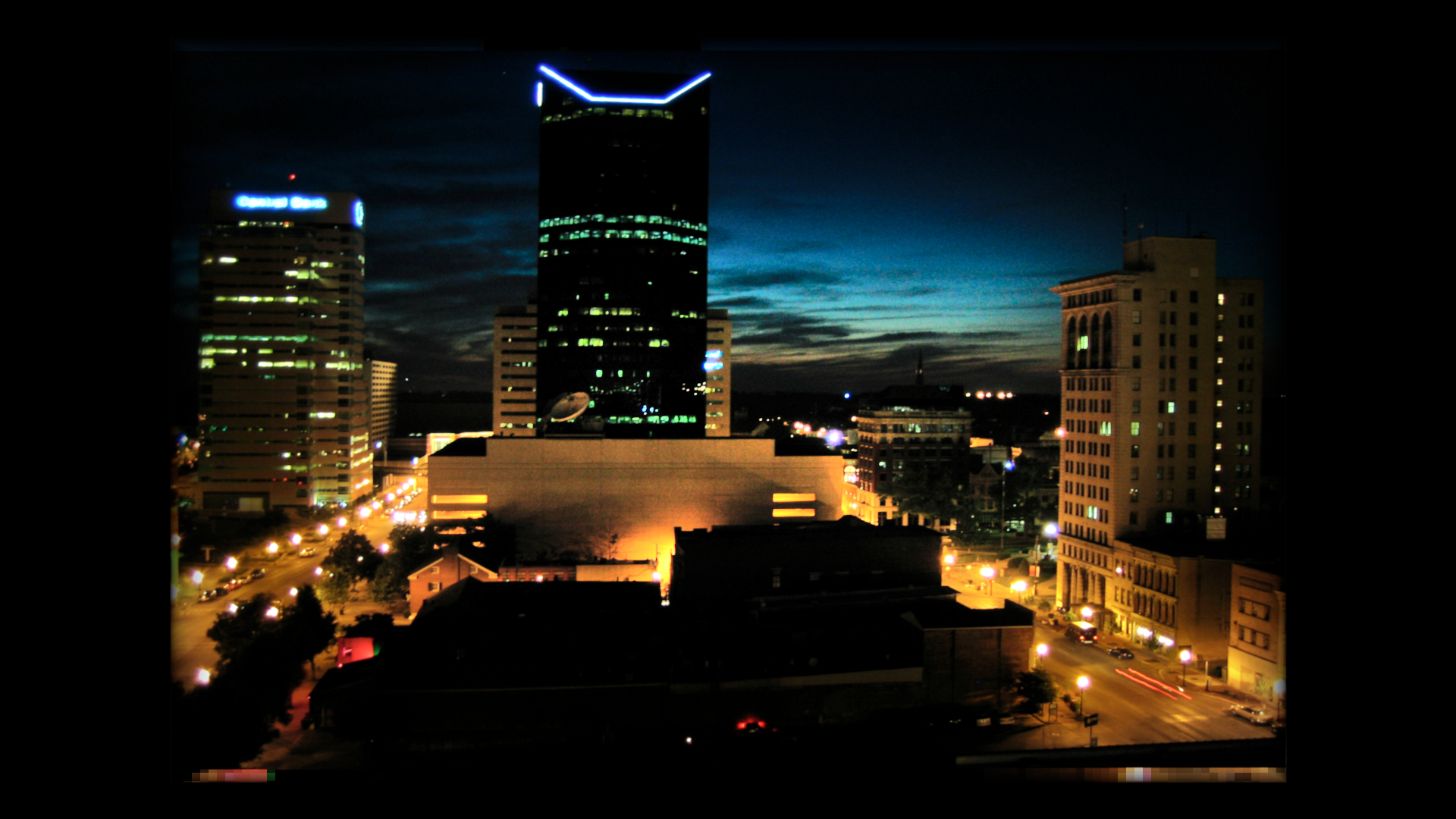What does light represent? Some might say goodness or purity. Others might say knowledge, as in lighting the way to brighten out the enemy of ignorance. For me, it means hope. And I found hope in Lexington of all places.
I say it this way because most of my experience in Lexington involves being rejected and left out. From pastors, nonetheless. Which is ironic because I was taught as a young kid to run to three types of people: a teacher, a parent, or a pastor. My enthusiasm to become a preacher was molded by this responsibility. To say to the world, “I’m here to help.” That’s why it’s a blessing to be a preacher. And even if I’m the most quiet and reserved speaker in the world, I consider it an honor to have open arms for the lost and broken.
But while I lived among those in Lexington, I learned the difficult lesson of what to do when we’re given answers that we don’t want. I’m not talking about the type of requests that are minor, such as praying for money or fame. But I’m talking about the prayer requests we have that leave us yearning and desperate for a type of answer. As if one of our loved ones is on the surgery table, the doctor is walking towards us, and we’re saying to ourselves “Please let it be good news!! Please, please, please…” My past involves both clinical depression as well as posttraumatic stress disorder. I felt as if I were a man stripped from his dignity and worth. This was during a time when I was living alone in Lexington, with friends and family in eastern Kentucky — quite a distance away from me. I was alone and looking for a cure in the city of Lexington.
I did not like the answer I got. I prayed over and over to God for a cure of my mental illness. All I got was, “be content with what you have.” In my immaturity, I thought to myself “how on earth can I deal with this?!?” The answer I was getting from God was equivalent to being stuck out in the cold snow and being asked not to shiver. It was unrealistic. It was devastating to my faith.
As I was standing out in the cold snow, I was asking questions such as, “Where is God? Does he even care? With all the pain I’m under, can I survive another day?” But then I met Brian Marshall and Matt Dampier of Christian Student Fellowship. It was their relationship with the Lord that I admired. I explained to them of my condition with mental illness, and they took me in. They cared for me. They reminded me of who God is. And that’s why it’s so important for pastors and preachers alike to know their faith. To have the knowledge of what to do and where to go when troubles come. They’re the communicators between us and God. They are leaders of not only our faith, but our motivation. They’re the leaders of, “why should I live another day?”
Don’t be fooled. God’s will is what it is. His will has and forever will be done exactly as he planned. His will is what’s happening now. And that is something that we can take courage for.
So saying that, is God necessarily the one who causes us the pain that we’re currently going through? First, let us say the obvious: God does not interfere with free will. So what he does is he works through the free will those around us to love and care for us. Satan does the exact opposite of that; Satan uses the free will of people to hurt us. So if you want to see God, he is simply the combined force of those who love and cherish our being. He’s the one who fights for justice and purity. That’s why I encourage everyone to go to and support Christian Student Fellowship. It’s a resource that God uses to have his will be done in the lives of the lost and broken.
